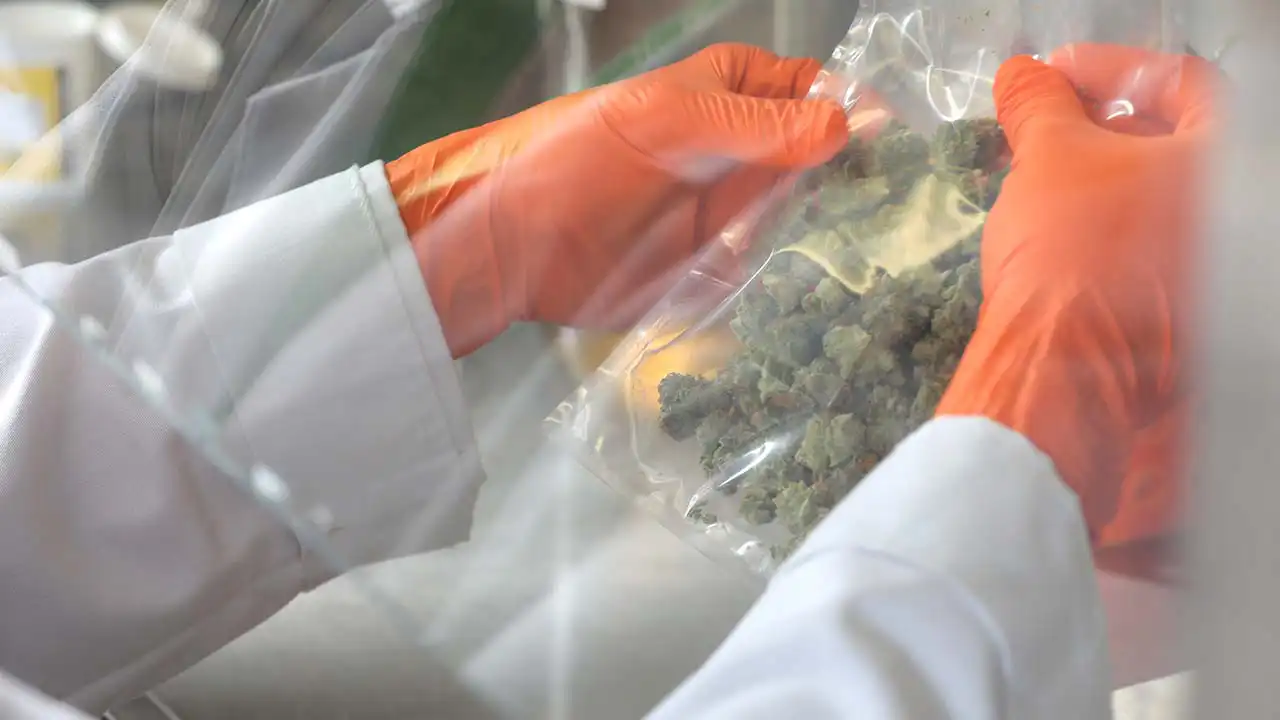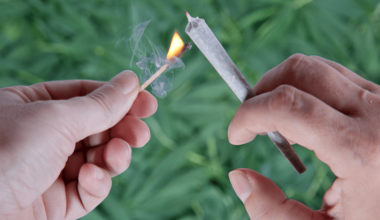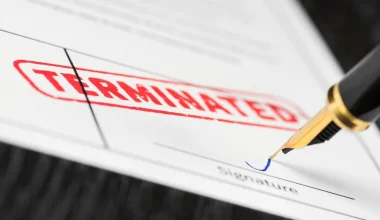Colorado cannabis labs produce consistently unreliable results for THC potency, with identical samples returning values that vary by up to 38%, or more than twice what state law allows.
That’s one of the “staggeringly bad” findings in a small-scale study conducted last year by Ripple, a Boulder, Colorado-based manufacturer, results of which were released Monday.
The study underscores the necessity for regulators to establish stricter methods for commercial cannabis labs, similar to the standards applied to labs that test botanical products in the alcohol industry, according to Ripple.
“These results show a rot much deeper than interlab consistency,” Justin Singer, Ripple’s CEO, said in an email.
“The same labs applying the same methods to the same samples across time are also failing to replicate results.”
Study shows wide variance in THC potency in same samples, at same labs
Like the alcohol content printed on a liquor label, THC potency is not meant to exact. Instead, it represents a range.
For example, a can of lager that’s 5.0% alcohol by volume can in fact test between 4.7% and 5.3% and still meet labeling requirements.
Similarly, cannabis samples can vary by as much as 15% in Colorado, meaning if an edibles product label says it contains 10 milligrams of THC, it can contain between 8.5 and 11.5 milligrams and be considered properly labeled.
However, Ripple found differences much more extreme than that.
“When potency swings by up to 38% between labs, the promise of ‘regulated like alcohol’ rings hollow,” the study reads in part.
Cannabis edibles and concentrates return inconsistent results
The company submitted six “blinded” samples of cannabis flower, concentrates, and gummies to six of Colorado’s seven commercial cannabis testing laboratories over a six week period from Nov. 4, 2024 to Dec. 9, 2024.
And according to findings published in its “Potency Variability” whitepaper, the results were “staggeringly bad,” company CEO Justin Singer said in a statement accompanying the release.
One flower sample sent to different labs returned THC values ranging from 15.8% to 22.8%, a spread of more than one-third.
Another sample, tested at the same lab over a period of time, returned THC potency values ranging from 17.9% to 22.8%, according to the study.
Separate research has found that THC values may not be consistent in the same batch of flower, with samples ranging in THC depending on where on the plant it was harvested from.
But the Ripple study found the same unreliability with concentrates and edibles, which are supposed to be more uniform products.
Different labs tested one concentrate at values between 36.5% and 46.50%.
One lab tested concentrates from the same batch and returned THC potency results ranging from 36.5% to 47%.
Cannabis operators’ concerns over lab testing continue
Ripple is one of several cannabis companies nationwide that’s been sounding the alarm over unreliable or inconsistent laboratory testing in recent years.
Another review the company led, results of which were released in February, found as much as 85% of product sold in the state might violate labeling requirements.
That’s despite regulators across the country taking stronger action against labs believed to be manipulating results.
Many critics say the problem is the result of a vicious cycle in which consumers prioritize high THC. That’s despite research indicating THC potency is not an indicator of quality.
A separate University of Colorado study released last summer found routine THC potency inflation.
Medical Disclaimer:
The information provided in these blog posts is intended for general informational and educational purposes only. It is not a substitute for professional medical advice, diagnosis, or treatment. Always seek the advice of your physician or other qualified healthcare provider with any questions you may have regarding a medical condition. The use of any information provided in these blog posts is solely at your own risk. The authors and the website do not recommend or endorse any specific products, treatments, or procedures mentioned. Reliance on any information in these blog posts is solely at your own discretion.






